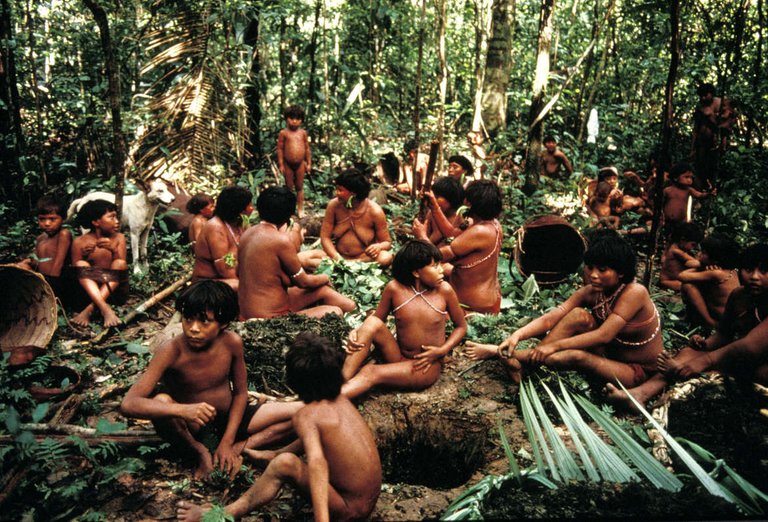Are we allowed to be peaceful in this world? Is this possible without becoming easy targets for the hungry beasts that roam the land disguised as humans?
Today i read about the Yanomami, an indigenous tribes from Brasil that builds their houses in a way that everyone can see the central place where they gather and do diverse social activities.
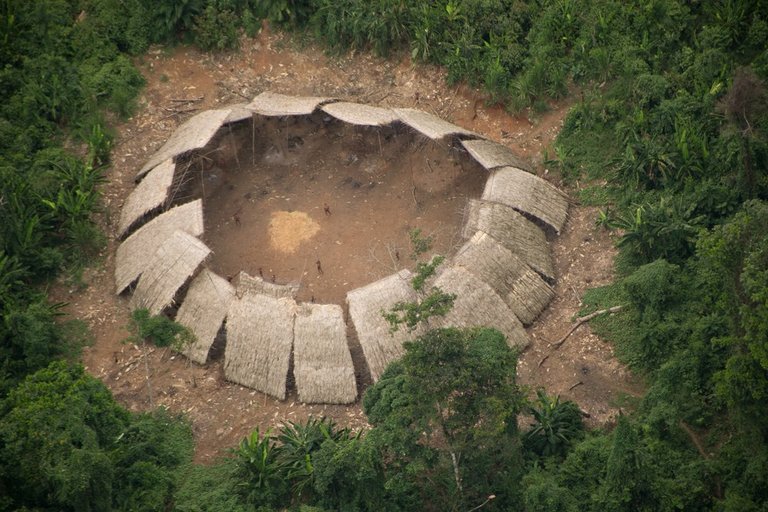
The live in the Amazon rainforest and have no need of destroying it up sustain their lives. However, they live in places that are abundant in gold, and you can guess what that means.
Miners keep going to those lands, polluting the water and destroying the forests, causing great harm to human lives in exchage for lumps of metal.
This is just one of many examples of the conflictive nature that is experienced in Latin America, especially in areas where there is great natural wealth, such as the Amazon rainforest.
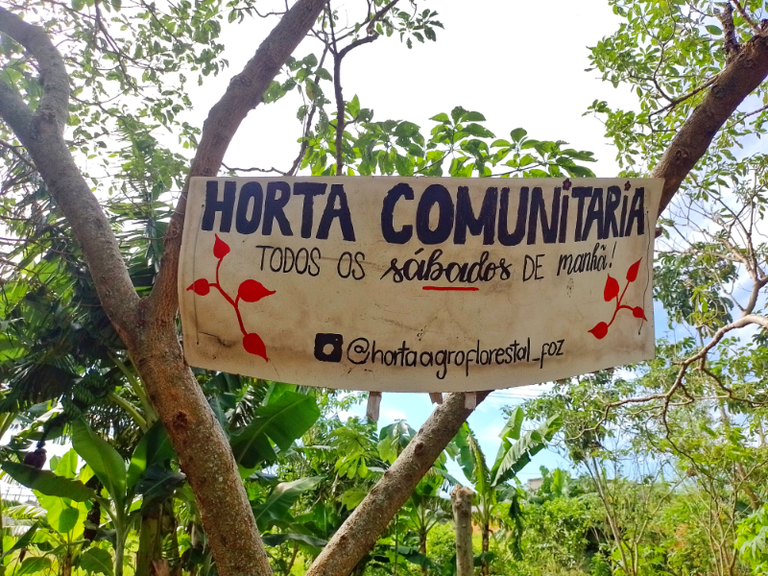
Though permaculture and agroforestry may seem like ways remove oneself from the system, there are other reasons that people practice them.
In some cases they are thought as places where the community can gather, collaborate, share knowledge, and reconnect with the roots from where we come.
Permaculture and agroforestry is what many natives all over the world intuitively practiced before colonization violently took over. Even if we use modern tools, if we act conscious of the fact that the soil is alive, that everything is interconnected, we immediately become closer to the understanding of ancestral wisdom.
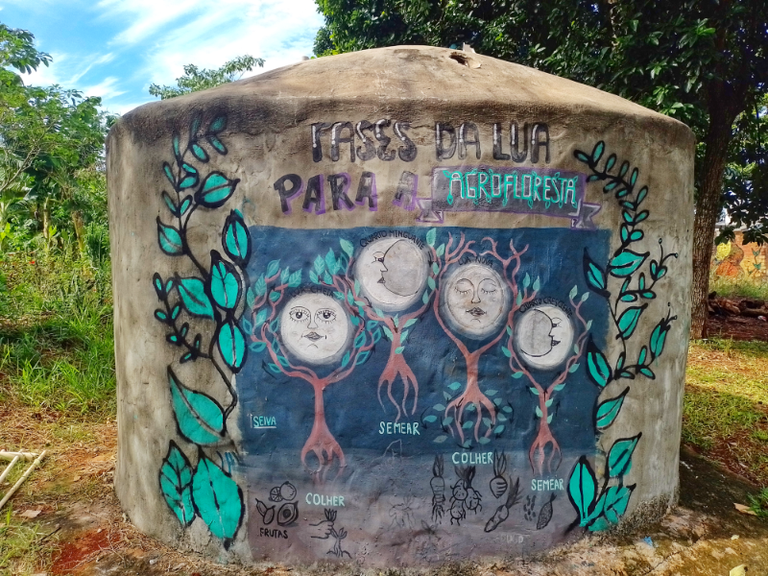
In that sense, it becomes a political act of resistance, a way of preserving knowledge that developed through respectful interactions with the environments that humans populated long before modern civilization.
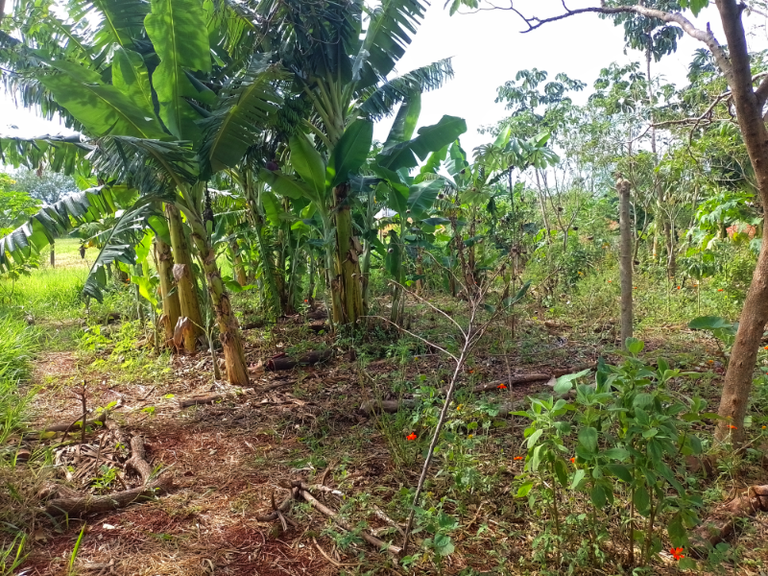
The images being shared right now come from one of those spaces where agroforestry is practiced with political and social intent. A place of gathering and education.
During my visit there were plenty of people working with us but i didn't photograph them because i was busy working too. Kids from the neighborhood would approach us and ask questions, as well as borrow tools to look for worms to go fishing.
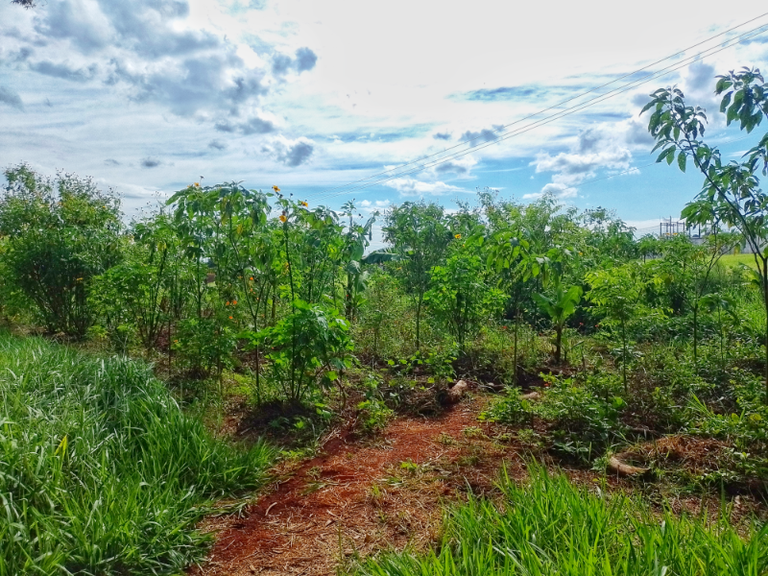
It's important to note that it wasn't a particularly productive project, and that it was only tended to once a week, nonetheless there was a nice diversity happening in the place and most efforts were placed into improving the soil, as well as planting more trees.
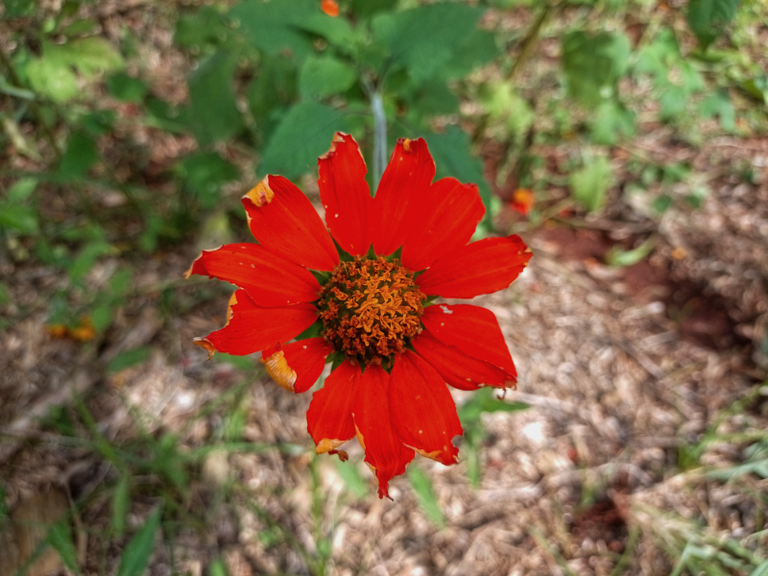
Some of the people i talked with shared the political motivations and others went there to relax. In my opinion, places like this should replace the concept of public parks, or at leats find a middle point between the two.
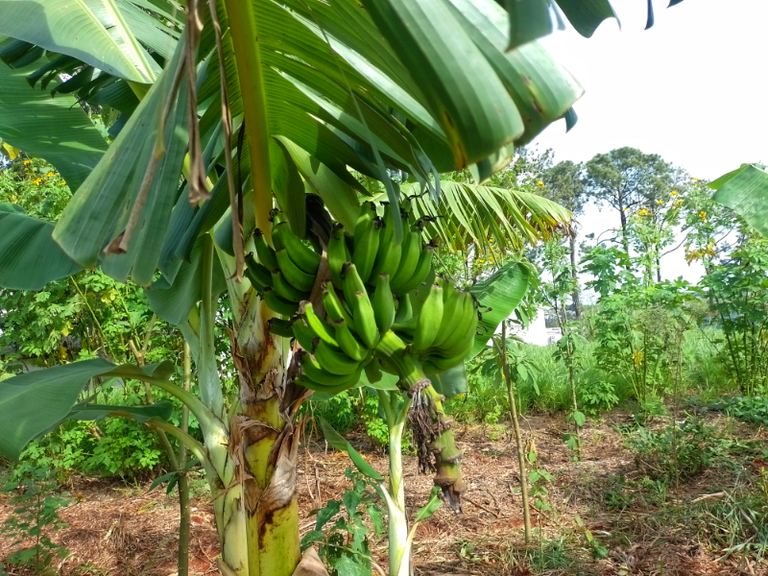
I think if there is a way to overcome the agendas of those who only act based on greed, it is to change our concept of wealth, to the point that their money is worth too little to matter.
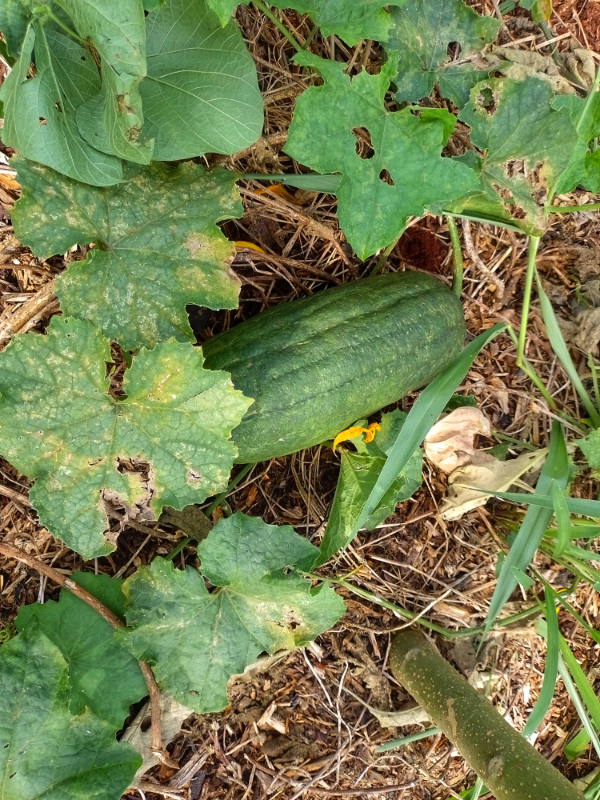
It would be a different story if we were able to get our food in generous quantities without paying a store. But this requires many changes in the way we approach life.
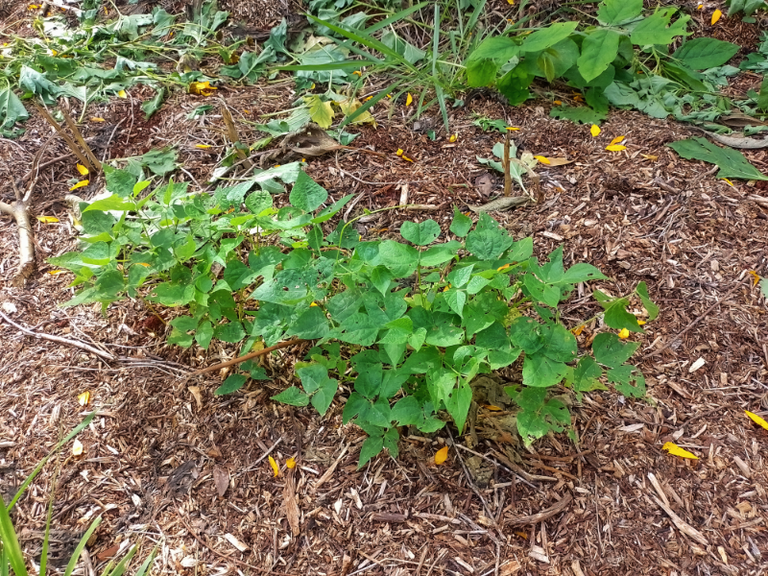
Going back to the Yanonami, they called my atention in the way that they build their houses because it was an idea that had been swimming in my mind for quite a bit before i saw the image.
I know most people won't live like that, but we could have places like that, don't you agree? Places to gather and remember where we come from, learning to be more transparent as we are always seen by the rest of the community.
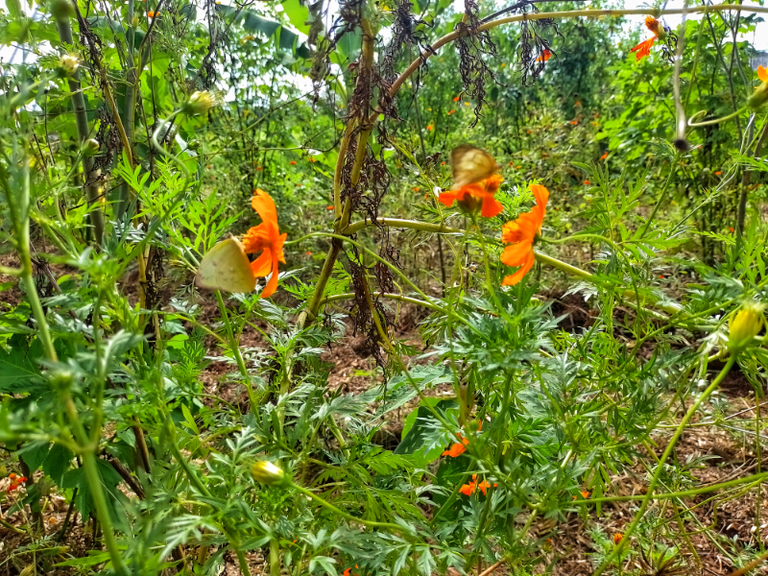
Hopefully, my travels will give me the chance to meet and share with some genuine native communities of Brasil.
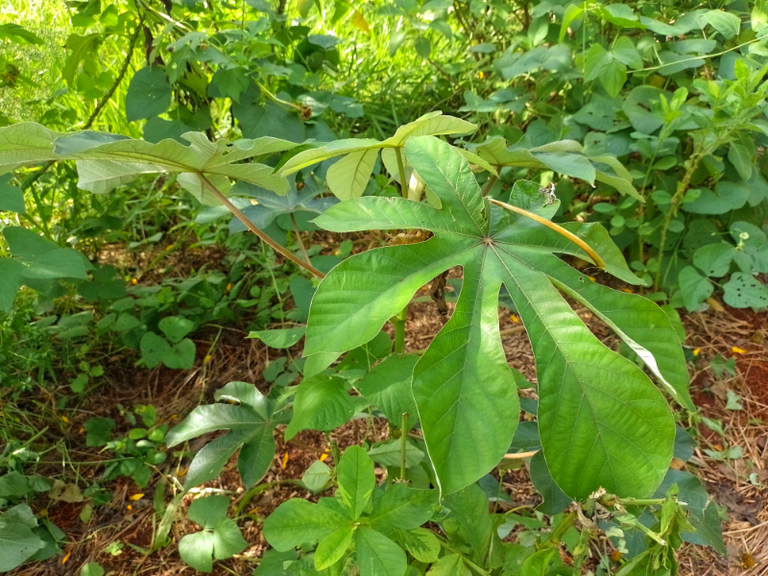
A beautiful experience, with a lot of sweat involed. Totally worth it.
